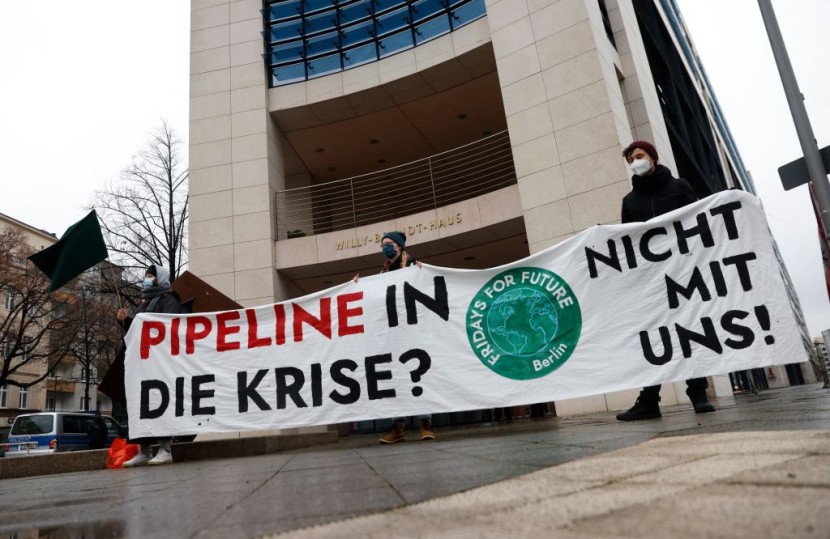
As winter comes, the EU fears dwindling natural gas supplies will be enough, and they have to deal with dependence on Russia.
EU leaders blame Vladimir Putin for how the gas price turned out, but the Russian leader said it's a false claim. But the Kremlin stressed that the EU should redo contracts with Gazprom, as there will be no freebies from here on.
EU energy crisis
Based on analysts' predictions, this winter will be particularly bitter, compounded by the supplies that will be bone dry by February. The spike in gas prices has been significant, which placed 25 gas suppliers out of business, and next would be paying for heating and energy bills hobbling consumers, reported Express UK.
Bulb, Britain's seventh energy supplier, has been enrolled in the administration, which so far has been hit the worst by the energy crisis that has struck. Worse is that taxpayers will be saddled with a £1.7bn bill. The warning is coming off more upticks in wholesale of energy supplies as the cold drops further.
Graham Freedman, the leading analyst from Wood Mackenzie, said that a freezing winter would deplete supplies and leave the storage on disastrously low, cited Brinkwire.
He added if Asia experiences a cold winter like Europe, they will need liquefied natural gas from the market. There is the cushion gas that is at storage sites all over the European continent. Extracting it would have safety risks and might damage the underground storage that stores the gas, which the EU fears dwindling natural gas supplies will affect it negatively.
The proper pressure of the gas is needed to be maintained at all times, with no sudden drains. Mr. Freedman remarked the gas crisis is not typical. The extra reserve of gas in the ground in the ground is considered the last option, and it has been rarely used in the past.
UE gas reserve to dry out soon
There are several things to consider; if more is needed as an emergency and involves a large scale. If there is no change and it is still dire, the emergency supply will be an option to provide the much-needed gas by February. There are about 83 billion cubic meters (bcm) estimated in storage, compared to the last average of 97bcm during the previous four years.
Based on the estimations of Wood Mackenzie, they suggest using as much as 10 percent of the cushion gas that is in the emergency supply of the continent if used be able to free an estimate of 15 cm. This would keep the gas storage from running out.
The analysts from Mackenzie recommended that if the natural gas storage does straddle close to zero, companies should be allowed to use the cushion gas as an option. An unidentified source from a UK storage firm had confirmed the option.
They added that protections are in position due to the safety consideration on the site. Cushion gas is a need in salt caverns where it is stored, noted Bloomberg.
Guy Smith from Vattenfall, an energy trader, was not very assured with cushion gas because only a tiny amount is accessed. The EU fears dwindling natural gas supplies that will significantly cause problems for the bloc if the reserve is not stabilized.
Related Article : Russia Warns Moldova To Pay Up for Gas Deliveries Amid Threats of Supply Cut Off Which Alerts the EU








